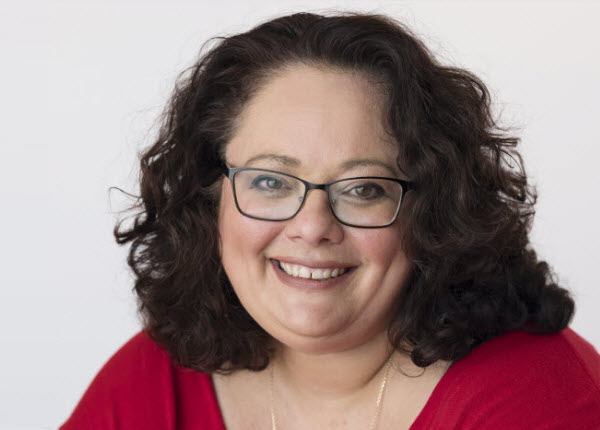
Did you know that according to ASFA (Association of Superannuation Funds Australia), Australians are the fourth largest holders of pension fund assets in the world, with AU$3.5 trillion invested in superannuation assets?
As the EOFY tax season opens up, Step Up Financial offers you eight superannuation EOFY tax strategies to help ease some of the tax return pressure.

Understanding super contributions
There are two types of super contributions you should consider when budgeting your super contributions:
- Concessional contributions, which are made from income that has not been taxed, and
- Non-concessional contributions, which are made from income that has been taxed.
The rate of tax you pay on concessional contributions is 15%, whereas no tax is payable on amounts paid from non-concessional contributions, provided they do not exceed the non-concessional contribution cap, which can be affected by age and the superannuation balance.

Stay below the contribution cap
The 2021-2022 concessional contribution cap has increased by $2,500 to $27,500. Contribution caps apply to all contribution funds, so those who have multiple funds should know that contribution caps are calculated by adding all the funds together.
An employer can make concessional contributions, or they can be made as personal contributions claimed as a tax deduction. Employer contributions include contributions made under the salary sacrifice initiative, where you forego part of your salary for benefits of a similar value provided by the employer.

Consider a personal super contribution
If your super balance is less than $500,000 and you haven’t contributed up to the concessional contributions cap from financial years 2018-19, 2019-20, 2020-21, 2021-22 and now 2022-23, you can play “catch-up” and contribute up to each of those caps in a single year. This is the last year (2022-23) that you can do this, so it is worth checking what “catch-up balance” you have.
In 2018-19 to 2020-21 you could contribute up to $25,000 per annum. In 2021-22 you could contribute up to $27,500 per annum. If you have not contributed up to the cap limit in each of these years (including what Super Guarantee contributions your employer made), you could have the ability to make a significant contribution in this next financial year – either as a lump sum, or as additional salary sacrifice contribution.
The “catch-up” rule is only available over a rolling five year period; therefore finishes on 30th June 2023. Your financial planner can assist you in working out what your “catch up balance” is.

Conduct a superannuation health check
It’s important to conduct an annual superannuation health check. Accessing your superannuation fund is easy to do online. We recommend five simple steps for your annual super health check:
- Check the basics
- Nominate your beneficiaries
- Find lost super and consolidate
- Know what insurance you have
- Top up your super

Government super support
If you are classified as a low or middle income earner and make after-tax super contributions, you may be eligible for a government co-contribution.
Low income earners are those earning an annual salary of less than $37,000, whilst low and middle income earners earn a yearly salary of up to $126,000. Government co-contributions are made up to an amount of $500.

For richer or poorer
If your spouse earns less than $40,000 per year and you top up their superannuation fund with your personal savings, you could potentially claim this as a tax deduction for yourself. In situations where concessional contributions are imbalanced, married or defacto couples can apply to split contributions between super funds.
According to the Australian Tax Office, applications must be made immediately after the financial year in which the contributions were made or if your entire benefit is being withdrawn before the end of that financial year.

Are you a first home buyer?
The Australian property price market is one of the most expensive in the world. To get onto the property as a first time buyer is incredibly difficult.
Our government understands this so has set up the first home super saver scheme that allows you to save money for your first home inside your super fund. This initiative helps aspirational homeowners save faster and can offer EOFY superannuation claim benefits.

Get the expertise you need
To get the most from your EOFY tax return, it is vital to get the necessary expertise from a well qualified team of financial planning experts.
To discuss tax strategies with us, contact us to book an appointment with one of our expert team members.
